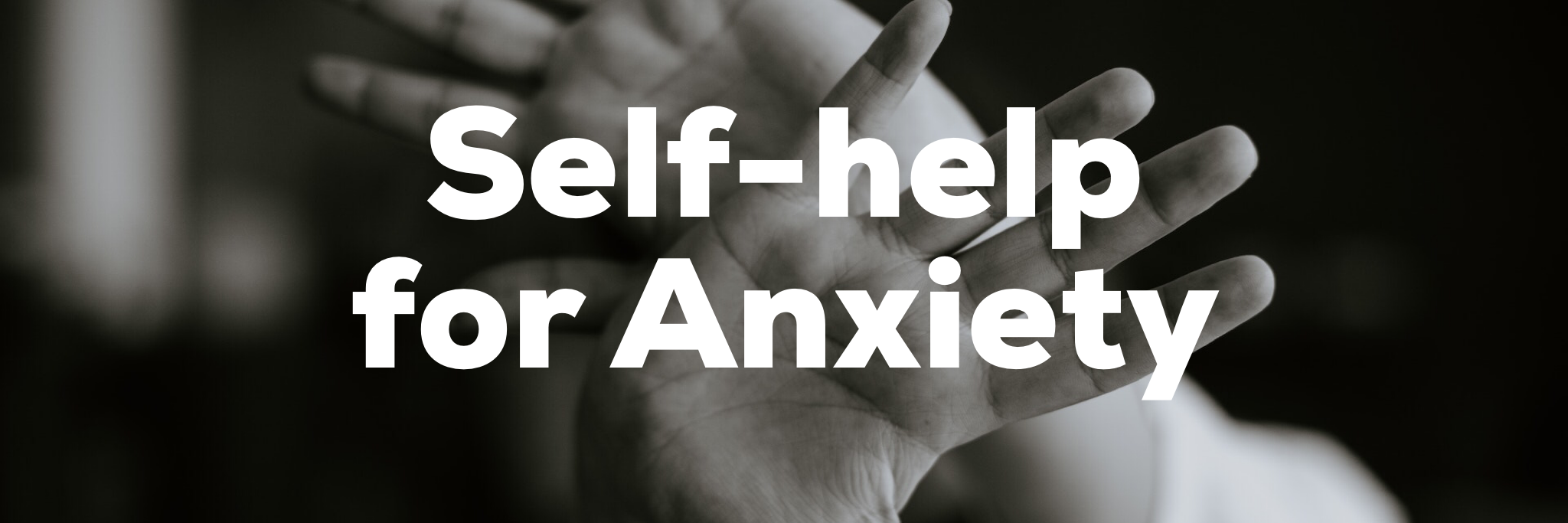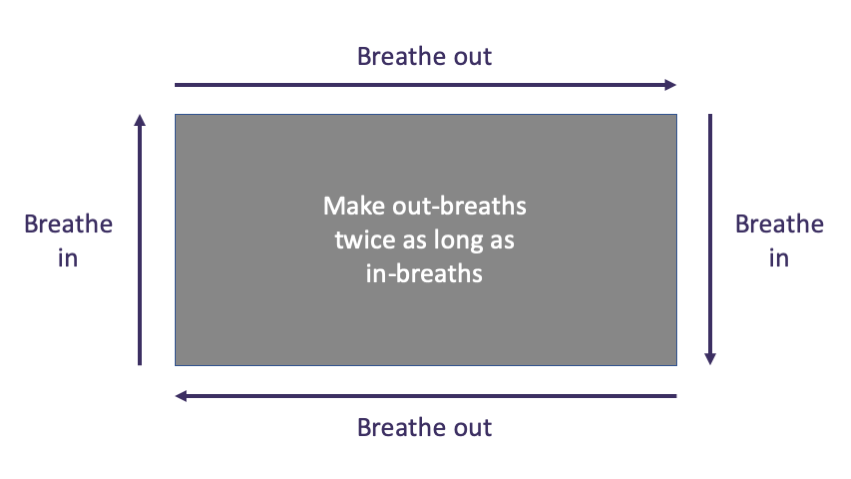
Anxiety is a normal part of life, when we’re unsure of what the future will bring and fear that there are bad experiences ahead. Sometimes, though, anxiety can be so continuous or so intense that it stops us from functioning normally. When anxiety takes over your life, therapy can help. There are also some things you can do for yourself that can help to reduce anxiety’s effects on you. This post will take you through some self-help strategies that other people have found helpful.
1.Understand how anxiety affects you: When anxiety takes over it can cause a variety of effects on your mind and body. Read our previous blog on recognising anxiety to find out more about these (https://lemonstolemonade.co.uk/news/counselling-anxiety-gad-therapy-cbt).
2. Take control of your breathing: Learn how to do rectangular breathingand remember to breathe like this whenever anxiety has control of you. To do it, take a deep breath in and feel your chest expand as your lungs fill. Then breathe out, taking around twice as long as your intake breath. It can help to visualise a rectangle with the long sides twice as long as the short sides, and trace a path around it as you breathe in and out. Keep on breathing like this until you feel calmer. Don’t give up if it hasn’t worked after the first few breaths, it can take a few minutes to work so keep going until it does.

3. Find someone to talk with: Keeping your anxieties bottled up can make them worse but sharing them can help reduce how strongly they affect you. The person you share them with could be a member of your family, a friend, or a colleague. You can also get support and advice from organisations like No Panic (www.nopanic.org.uk).
4. Exercise:A little exercise every day can be a big help. You don’t have to go to the gym every day, but ten minutes’ walking at a comfortable pace, or a bit longer if you can fit this in, can reduce your anxiety. Exercise releases hormones called endorphins that make us feel good.
5. Spend time with nature:Research shows that spending time in natural environments has a calming effect. This might be a walk in the park, sitting in the garden, or a visit to the countryside. If you’re stuck indoors then watching a nature programme on TV can help. Spending time with pets is also beneficial.
6. Eat a balanced diet:If you’re eating too much or too little that in itself can be the cause of anxiety, and it can lead to detrimental effects on your body. Dieticians advise that moderation is the key, there’s no need for a total ban on any kind of food or drink. It can be helpful to plan your meals, and to make sure you have something for breakfast. If you’re finding it difficult to balance your diet, your G.P. can refer you to an NHS dietician for advice.
7. Make sure you get enough sleep:It’s hard to cope with anxiety when you’re exhausted through lack of sleep, but anxiety can make it difficult to sleep. Here are some tips for getting enough sleep:
8. Give yourself a break: Anxiety is tiring and it’s harder to cope with when you’re exhausted. It’s important that you take regular short breaks during your day, and before any activity that’s likely to be tiring physically or mentally. If you work somewhere where breaks are frowned on, say you’re going to the toilet and take your time about it.
9. Mindfulness:Paying careful attention to the present moment can have a calming effect. This involves becoming aware of everything you can sense about the world around you, its sights, sounds, smells, tastes, and textures, and your own feelings and responses to it. There are a variety of smartphone apps that can help you do this, such as Headspace, that you can find in app stores. With a little practice, mindfulness can help you prepare yourself for the next part of your day, help you get ready for sleep, or help calm you when anxiety is troubling you.